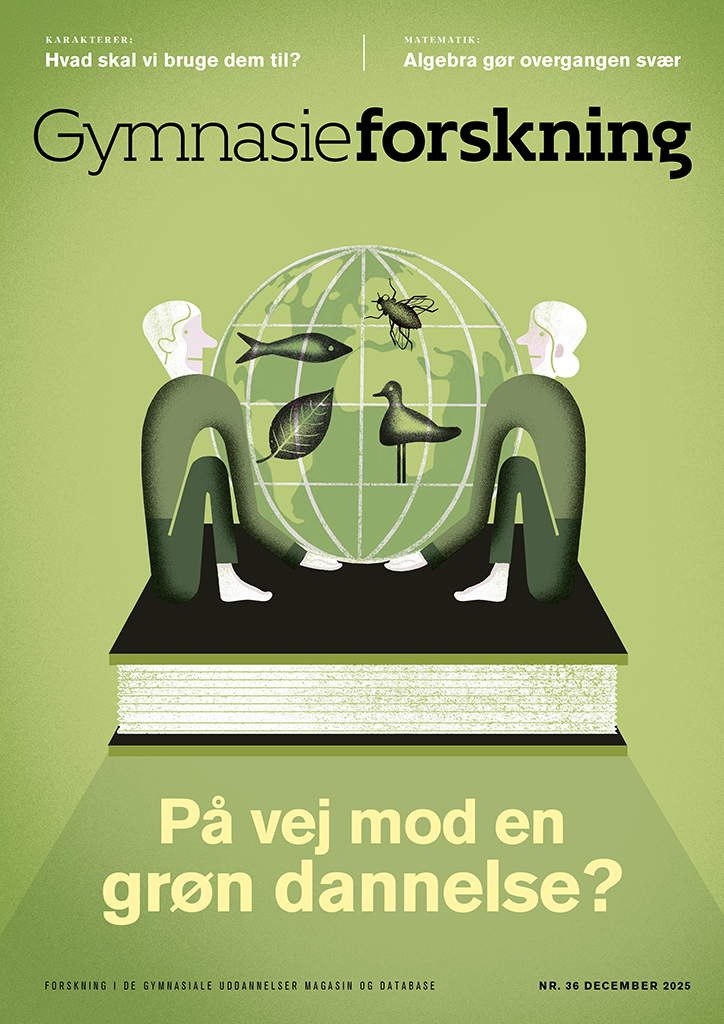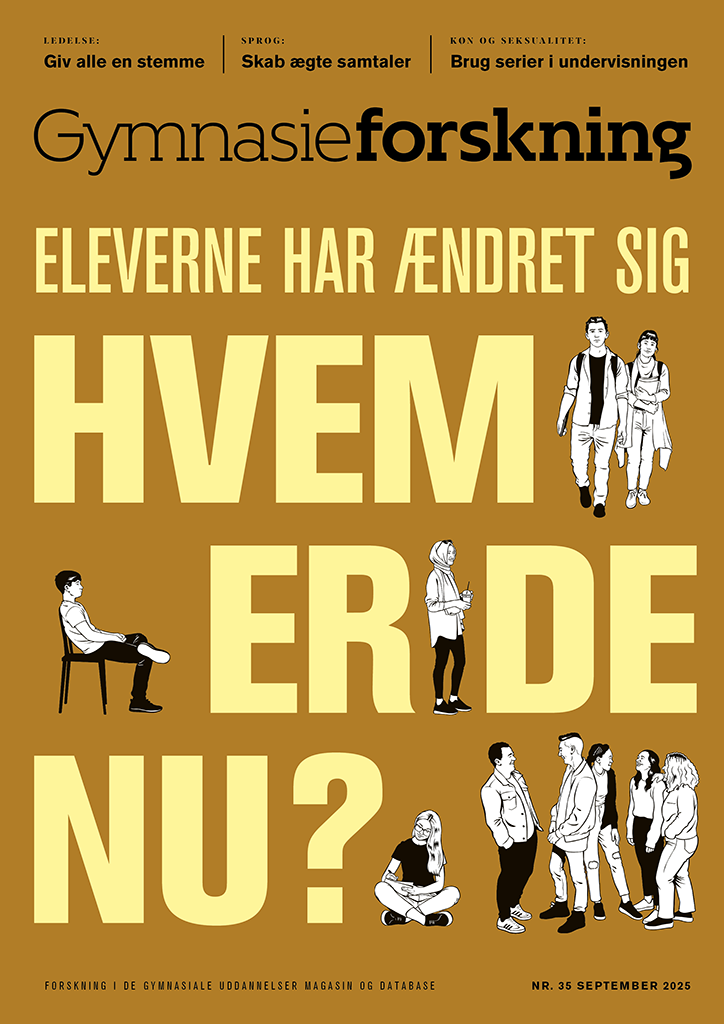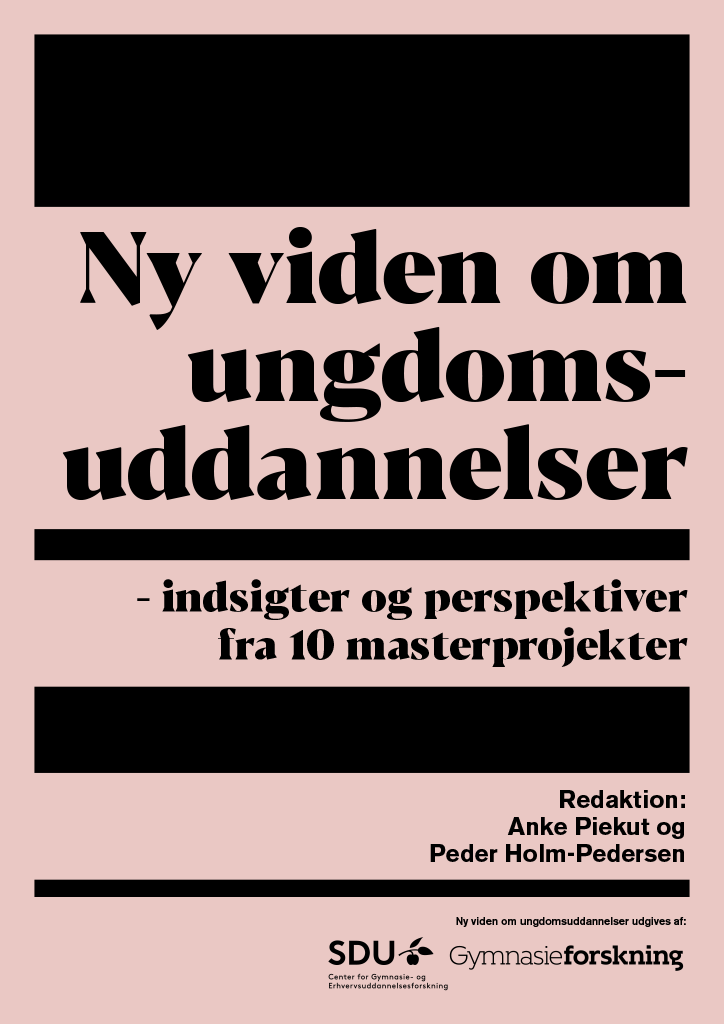OPRET ABONNEMENT
Og få eksklusiv adgang til viden for hele din skole
Forskningsdatabase
I vores forskningsdatabase finder du al dansk forskning i de gymnasiale uddannelser Vi udgiver forskningsdatabasen i samarbejde med Center for Gymnasie- og Erhvervsuddannelsesforskning, SDU
Senest tilfØJET






